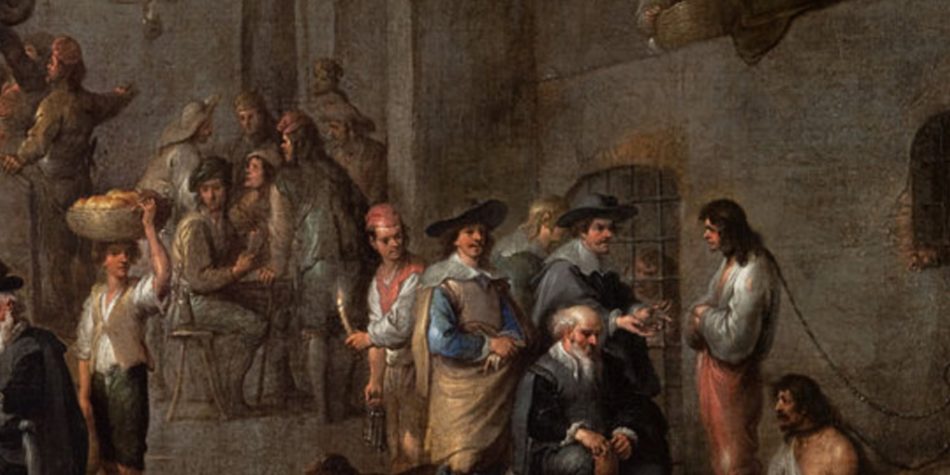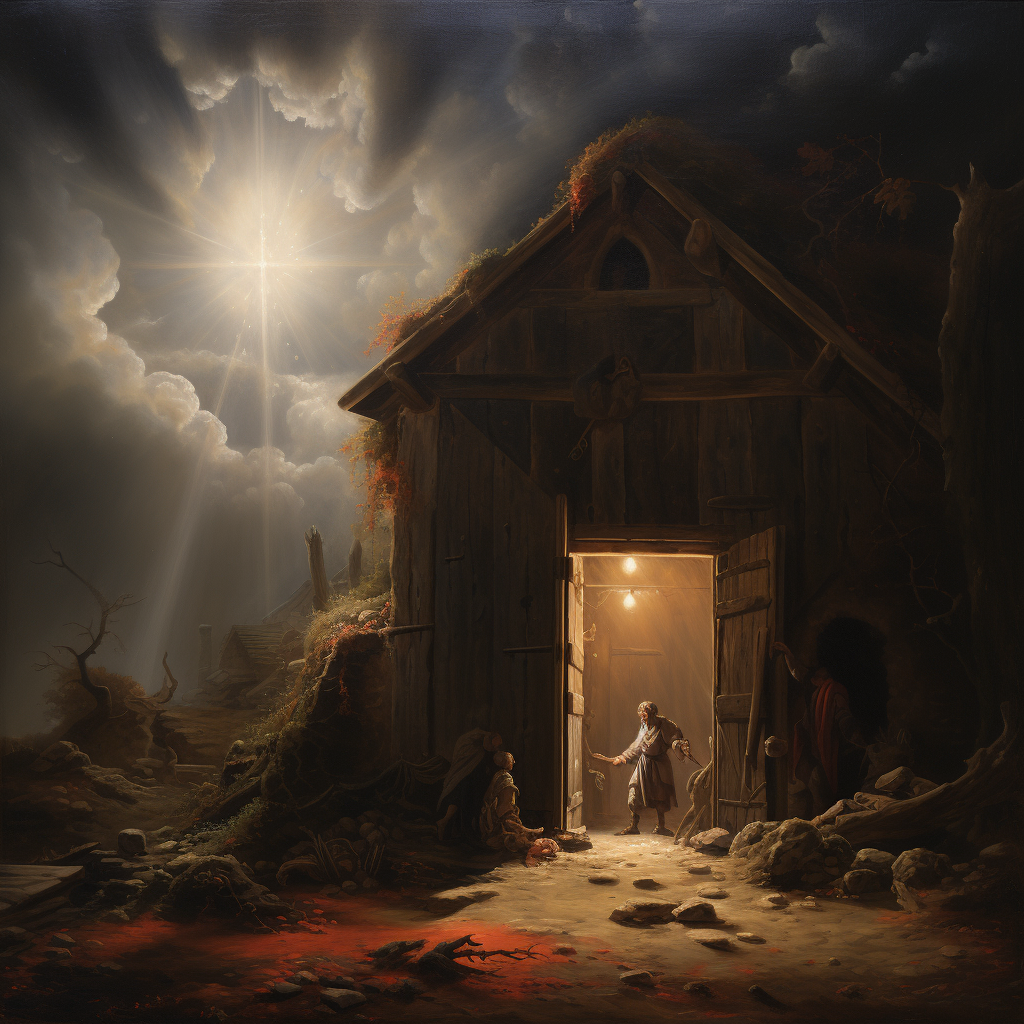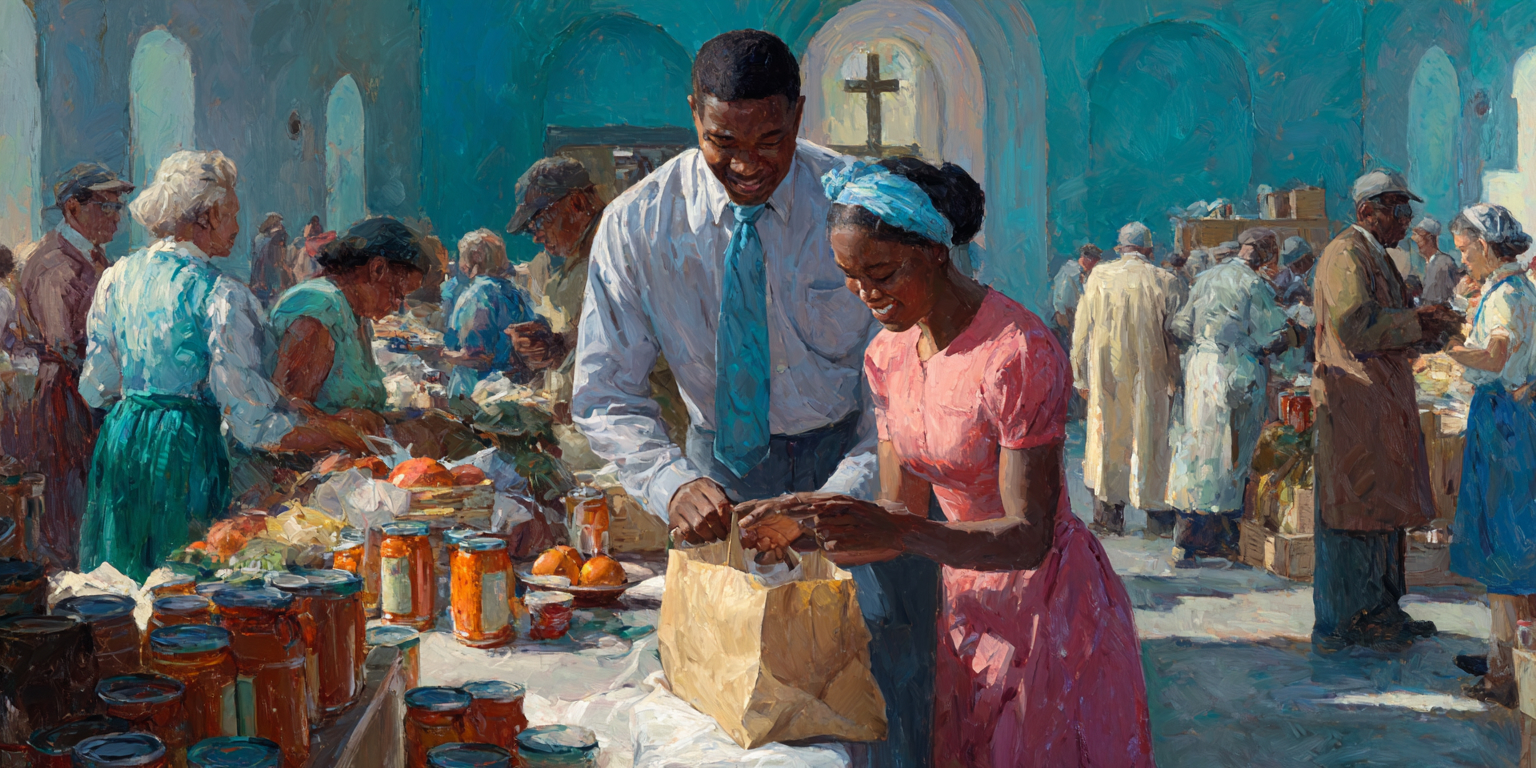The disconnect between our words and deeds usually flows one way: We say one thing but do another.
Fr. Gregory Boyle’s new book, The Whole Language: The Power of Extravagant Tenderness, reverses this. He is the founder of Homeboy Industries, which claims to be the world’s largest gang rehabilitation and re-entry program. His ministry offers hope and job skills, a sure reflection of the compassionate, merciful, caring core of Jesus. But his words sometimes compromise that compassion by concealing the “whole language” of that same Jesus.
Fr. Boyle introduces us to his many “homies” (associates). Joey is grouchy but is learning, in prison, the transformative power of good works. “When I do things for people … it makes me feel good.” Abel first visits Homeboy Industries because, he says, “I heard they were having pizza”—a reflection of the truth that “we are all connected and born wanting the same things. Yes. Everyone loves pizza.” Saul was sexually abused as a child and killed his abusive stepfather when he was 13. After 23 years of prison, he says he’s “decided to grow up to be somebody I always needed as a child.” Saul’s story tells us that “sometimes our compassion is lost through fear and trauma, but it is always a few breaths away. It can be reawakened.”
These are but three of many such brief accounts throughout this 226-page text. Their grit and texture, along with Fr. Boyle’s informal, breezy, humorous style, make for easy and sometimes compelling reading. He even peppers his pages with brief quotations from some of history’s great thinkers (Rumi, St. Ignatius, and others) to give the book a veneer of intellectual depth. A being who “chooses to live in the soul, inhabiting the tender fragrance of love…[puts] the welcome mat out so that others find a home in [him].”
To converse in the whole language, Fr. Boyle says, one must have a sound moral compass. He tells the story of Max, a mentally ill boy sentenced at age 18 for a murder he committed at age 16. Although the punishment is apparently illegal for a crime done by a minor, the judge metes it out anyway because, he tells the boy, “I think you’re a monster.” Fr. Boyle says “society punishes people for bad behavior, and we call it justice, but real justice restores. We’ve mistaken moral outrage for moral compass. Moral compass helps you see with clarity how complex and damaged people are. It is the whole language. Moral outrage just increases the volume and the distance that separates us. I suppose if I thought moral outrage worked, I’d be out raging. But rage just means we don’t understand yet.”
This is beautifully said—and it’s a sentiment our age of outrage needs to drink in with its morning coffee.
The whole language also requires an expansive approach to truth—an idea that will especially resonate with members of The Church of Jesus Christ of Latter-day Saints. “God holds out wholeness to us,” Fr. Boyle says, so we should embrace it. “In the time of Jesus, some people said, ‘No new gifts—we’re okay with the old ones.’ The mystic is rapturous and ferociously attentive to the new gifts that show up every day.”
Strangely, some of those gifts are the very words of Jesus that Fr. Boyle ignores or contradicts. The book occasionally veers off in unfortunate directions with several stunningly thin theological statements. They are too troubling to ignore. For example, he describes seeing a billboard in Indiana that said, “Jesus: Your Only Way to God.” A Christian familiar with the New Testament should at least see the scriptural merit of this statement. Fr. Boyle goes another way. “Fortunately for all of us,” he writes, “both God and Jesus disagree with this billboard. These are false images we ought not to have before us.” He doesn’t quote this line from the gospel of John, attributed to Jesus: “I am the way and the truth and the life. No one comes to the Father except through me” (NIV).
Perhaps Fr. Boyle is reading a different translation of the New Testament. Is any version of John 14:6 watered down enough to support him? The answer, it turns out, is no. Here is the verse in 62 English translations.
The scripturally literate will also wonder about this line: “Jesus hardly mentions ‘sins,’ and I’m not sure he’d say he died for them.” As you pick up your jaw from the floor, know that Fr. Boyle comes to this conclusion after watching the Quechua indigenous people of Bolivia take stones (representing sin) on Good Friday and place them at the foot of a cross atop a hill. Those carrying bigger stones (symbolizing bigger sins) were admired for their humility. Granted, their focus on size is perverted theology. It is, as Fr. Boyle says, “self-estranging” and shows a false understanding of sin. But to go from there to Jesus didn’t die for sins—well, that’s an illogical leap from the solid stone of scripture into a shark-filled sea of whateverism. The same gospel of John tells us Jesus is “the Lamb of God, who takes away the sin of the world!” (NIV, emphasis mine).
Fr. Boyle also wants us to know that God, at least in theory, doesn’t care much about how we live. He says, “the gospel doesn’t know what a sexual ethic is; it only has an ethic of love that longs to include and foster belonging.” He tells us that “God does not test nor burden us. Ever.” He says that “God doesn’t require anything of us except to receive this love that will change everything. … God doesn’t want us to be good. We already are. God only longs for us to be joyful. God has little interest in our behavior, only in our abundant happiness.” He preaches that “God does not hope that we become something other than what we are.” And he recommends getting to a point in life where “the God of requirements has left the room.”
So bid farewell to such classics as the parable of the talents and the story of the 10 virgins. And forget that Jesus ever taught, “If you love me, keep my commands” (NIV). Doing things, overcoming challenges, becoming better versions of ourselves—that’s what people on Earth do…It’s the essence of our existence.
Doing things, overcoming challenges, becoming better versions of ourselves—that’s what people on Earth do. This is by design. It’s the essence of our existence.
A decade ago, Elder D. Todd Christofferson said it like this: “Our Heavenly Father is a God of high expectations.” For followers of Christ (Fr. Boyle is a Jesuit priest—a Christian), this means following Christ because it is only through His grace that we progress. The Lutheran pastor and martyr Dietrich Bonhoeffer said it well in his 1937 classic, The Cost of Discipleship: “The road to faith passes through obedience to the call of Jesus. Unless a definite step is demanded, the call vanishes into thin air, and if men imagine they can follow Jesus without taking this step, they are deluding themselves like fanatics.”
I have not read Fr. Boyle’s two other books. But from this one, it’s easy to see why his writing sells. The masses eat up things that are easy, soft, and sweet. In many of the lines quoted above, our Jesuit friend offers us a meal that, like a Twinkie, fills at first with the sugary vapors of delight but over time malnourishes.
Fr. Boyle isn’t the first (and he won’t be the last) to try to free Christians of what can sometimes feel like theological straitjackets of demanding, discomforting doctrines. The impulse is natural. God is big, His tent wide and welcoming. He is generous with His love. But to say Jesus is Lord can feel narrow in our pluralistic world. It’s true that Jews, Muslims, Buddhists, Sikhs, and many others find closeness to God without believing Jesus to be the Messiah. And agnostics and atheists can and do live moral, joyful lives without religion guiding them.
Why not put the stronger doctrines through a food processor so they won’t chip the teeth of the unprepared? After all, as Fr. Boyle writes in his introduction, “the world kind of yawns at ‘religion,’ but snaps to attention when offered the authenticity and authority of the fluent mystical, nondualist view.”
Perhaps for some, a softer approach is sometimes a more suitable onramp to faith. But can a follower of Christ speak the “whole language” without considering the entirety of the very language of Jesus that makes us whole?

















